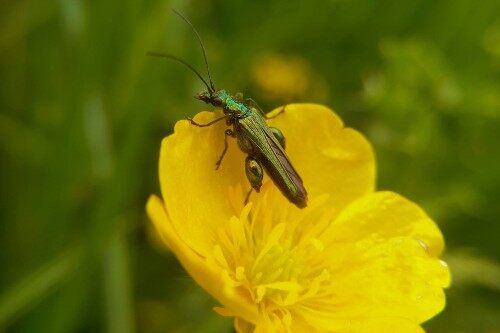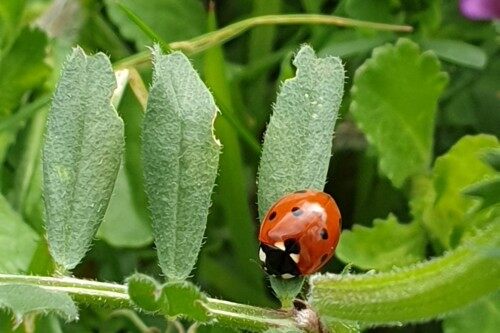Bristol residents will have the chance to hand back their pesticides as part of a city-wide amnesty – the first of its kind in England.


Organised by The Natural History Consortium (the charity behind the city’s Festival of Nature), the free pop-up events represent a chance for every single household to make a real difference to biodiversity on their doorstep.
Collections will be at Redcatch Park on October 23rd between 11-3, and at Blaise Nursery on October 24th between 11-3. Residents of Bristol are encouraged to have a ‘garden shed’ clear out at the end of the growing season and bring along garden and household pesticides in return for a free pack of wildflower seeds and information on pesticide-free alternatives.
After the events, all containers will be safely disposed by Bristol Waste, and a log of everything handed in will be used for a major citizen science project in partnership with University of Bristol School of Chemistry. The university will be supporting a final year student to develop a new experiment for future students to examine soil samples across the city, to monitoring change over time focusing on the most popular chemicals from the pesticide amnesty.


Savita Willmott, Chief Executive of The Natural History Consortium said:
“The Pesticide Amnesty is an easy, free opportunity to take action to support nature and join others in tackling the Ecological Emergency. Pesticides affect habitats and pollinators, and we know that having fewer chemicals at home is also safer. We’re inviting everyone who wants to join us in our target to reduce pesticide use across the city by 50% to get started. Our first 500 visitors will get a great ‘swap pack’ and we can’t wait to talk to people about their ideas for the balcony, garden or allotment”.
Sophie Ross-Smith, Manager of the Cabot Institute for the Environment at the University of Bristol said: “This is a fantastic opportunity for people across Bristol to engage in a major citizen science project. This initiative will provide an opportunity for our final year students to discover what impact these household pesticides are having on the city’s soil composition through a practical assignment designed by Professor Richard Evershed (academic lead for the project) and colleagues”
“This initiative will not only provide a valuable snapshot of pesticide use in the city but will also help to reduce the amount of harmful chemicals making their way into our environment and devastating local habitats.”
Funding for this initiative was provided by the Temple Quarter Engagement Fund and Cabot Institute for the Environment.








































